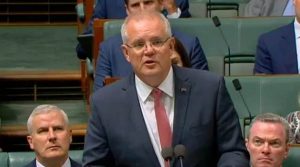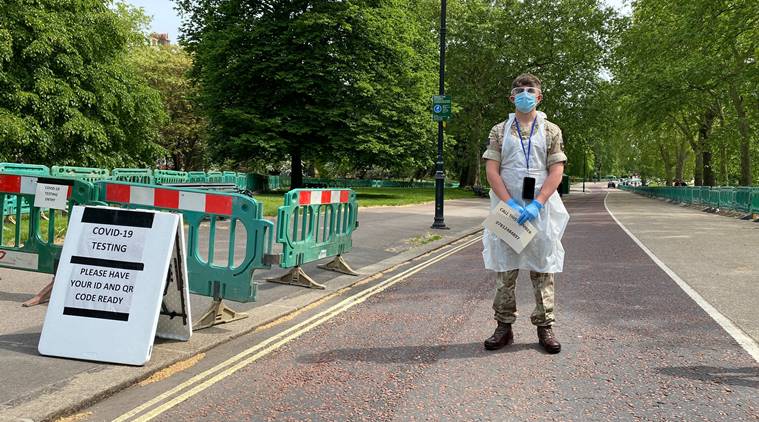The comprehensive evaluation, sought by a coalition of African, European and other countries including Australia, is intended to review “lessons learned” from WHO’s coordination of the global response to COVID-19.

Australia is seen as a leader in rallying global support for an inquiry, attracting Chinese criticism that it is parroting the United States and inviting a Chinese boycott of exports and services.
Australia on Tuesday welcomed international support for an independent coronavirus pandemic investigation as China ratcheted up a bilateral trade rift by placing tariffs on Australian barley.
The World Health Organization bowed to calls Monday from most of its member states to launch an independent probe into how it managed the international response to the coronavirus.
The comprehensive evaluation, sought by a coalition of African, European and other countries including Australia, is intended to review “lessons learned” from WHO’s coordination of the global response to COVID-19, but would stop short of looking into contentious issues such as the origins of the respiratory virus.
Australian Foreign Minister Marise Payne had earlier welcomed the apparent majority support for the motion, saying her government wanted the inquiry to be “impartial, independent and comprehensive.”
Australia is seen as a leader in rallying global support for an inquiry, attracting Chinese criticism that it is parroting the United States and inviting a Chinese boycott of exports and services.
Australian government critics have argued that Prime Minister Scott Morrison’s conservative administration should have gathered allies before antagonising Australia’s most important trading partner.
The trade dispute is the first time Beijing has used access to its huge markets as leverage in its campaign to deflect blame for the outbreak. But it has used the tactic regularly against governments from Norway to Canada in political disputes over the past decade.
China’s Ministry of Commerce announced tariffs of around 80% on Australian barley from Tuesday, a crop the Chinese argue is subsidised by the Australian government.
China banned beef imports from Australia’s four largest abattoirs a week ago over labeling issues.
Many observers say the trade disputes are punishment for Australia’s demand for transparency over the pandemic.
Trade Minister Simon Birmingham on Tuesday described the tariff decision as “deeply disappointing”, but welcomed the endorsement of a coronavirus inquiry by the World Health Assembly, the decision-making body of the World Health Organization, in Geneva.
“Our government welcomes the cooperation and support from countries right around the world,” Birmingham told Nine Network television.
Australian barley farmer Andrew Weidemann said the tariff barrier “stops the trade completely” with Australia’s biggest customer.
Weidemann estimated the tariffs would cost the Australian economy more than 500 million Australian dollars ($326 million).
“It’s a really bitter pill to swallow,” Weidemann said. “It’s a real dent in our economy and it will have a big impact.”
In Beijing, foreign ministry spokesman Zhao Lijian said China is looking into trade issues between the sides “in accordance with related laws and World Trade Organization rules.”
He said the international consensus is that “anti-epidemic cooperation remains a top priority, and it is not time to immediately activate the review and investigation into origins of the virus.”
Birmingham said Australia is prepared to take China to the World Trade Organization over both the beef and barley issues.
Chinese officials routinely refuse to confirm a trade disruption is related to a political clash but make it clear Beijing wants concessions.

